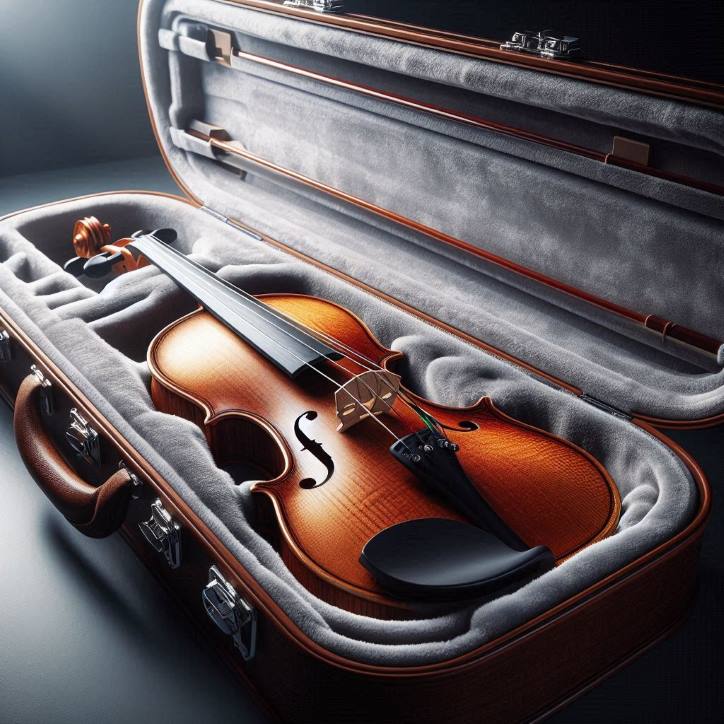How Temperature and Humidity Affect Musical Instruments and Studio Equipment

Fluctuations in temperature and humidity can wreak havoc on musical instruments and studio gear. Wood expands and contracts, affecting sound quality and tuning, while electronic components can corrode or malfunction. Maintaining stable environmental conditions for musicians and studio owners is crucial for protecting valuable equipment.
Why Climate Control Matters for Musicians
Wooden instruments, like guitars, violins, and pianos, are highly sensitive to humidity changes. High humidity can cause swelling and warping, while dry conditions can lead to cracking. Similarly, studio electronics—mixing consoles, amplifiers, and microphones—are at risk of moisture buildup, which can lead to short circuits and reduced performance.
A reliable air conditioning and humidity control system can help regulate these conditions. Advanced Clean Air provides solutions that ensure a stable environment, protecting instruments and expensive studio equipment from damage.
The Impact of Temperature and Humidity on Different Instruments
String Instruments
Wooden string instruments, such as violins and acoustic guitars, are particularly vulnerable. Excess moisture can cause the wood to swell, affecting resonance and playability. Dry air, on the other hand, can lead to cracks and weakened glue joints.
Tip: Store string instruments in a case with a humidity control pack to maintain stable conditions.
Pianos
Pianos contain thousands of individual parts, many of which are made of wood and felt. High humidity can cause keys to stick and tuning to become unstable. Low humidity can cause the soundboard to crack, leading to costly repairs.
Tip: Place a small humidifier in the room during dry seasons and use air conditioning during humid months.
Woodwind and Brass Instruments
Clarinet and saxophone players know how humidity affects their instruments. Wooden reeds absorb moisture, which can change their responsiveness. Brass instruments are less affected by temperature but can develop condensation inside, leading to corrosion.
Tip: Always dry brass instruments thoroughly after playing and store reeds in controlled environments.
Electronic Equipment
Recording studios rely on computers, mixers, amplifiers, and microphones. These electronics are highly sensitive to moisture, which can cause corrosion, shorts, and software malfunctions. Overheating is also a risk when temperatures rise.
Tip: Use dehumidifiers and air conditioning to maintain an optimal environment and keep electronics dust-free.
How to Protect Instruments and Studio Equipment
Use Air Conditioning and Humidity Control
A well-regulated studio environment prevents extreme fluctuations. Installing an air conditioning system with humidity control ensures consistent temperature and moisture levels.
Ideal Conditions:
- Temperature: 68°F – 72°F (20°C – 22°C)
- Humidity: 40% – 50%
Store Instruments Properly
Avoid placing instruments near windows, doors, or heating vents. Direct sunlight and fluctuating air temperatures can cause rapid changes in wood and metal materials.
Best Practices:
- Use hard cases with humidity control packs.
- Keep instruments away from radiators and air vents.
- Cover pianos when not in use to prevent dust accumulation.
Monitor the Environment
Investing in a hygrometer (humidity sensor) helps musicians and studio owners keep track of humidity levels. If levels go too high or too low, adjustments can be made before damage occurs.
READ ALSO: Music Troubleshooting Guide: Hitting a Snag? Let’s Fix It!
Final Thoughts
Temperature and humidity control are essential for preserving musical instruments and studio equipment. Whether you’re a professional musician or a studio owner, taking proactive steps will help you maintain sound quality and extend the lifespan of your gear. Investing in proper air conditioning and moisture control solutions ensures that your instruments stay in top condition for years to come.

 It is not always easy to find the best deals on
It is not always easy to find the best deals on